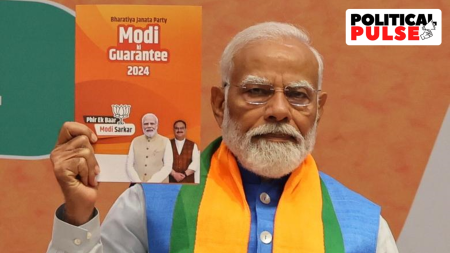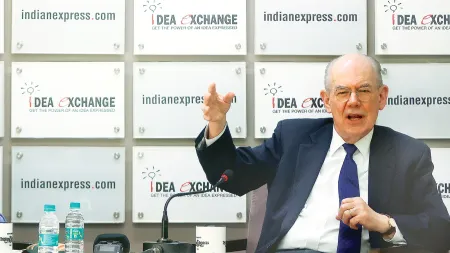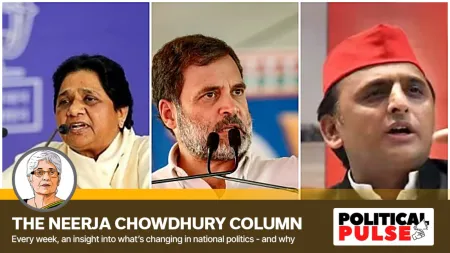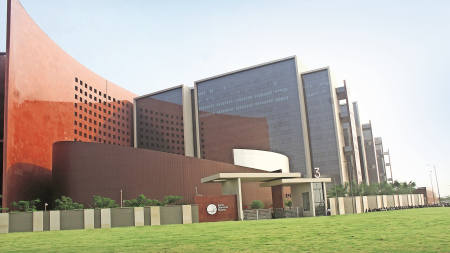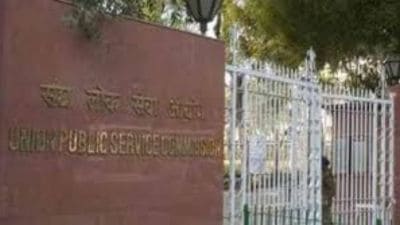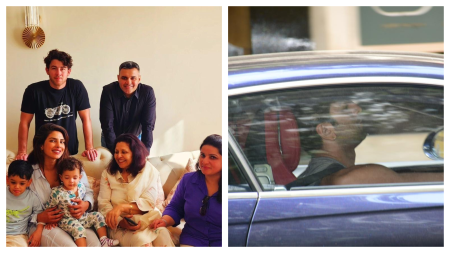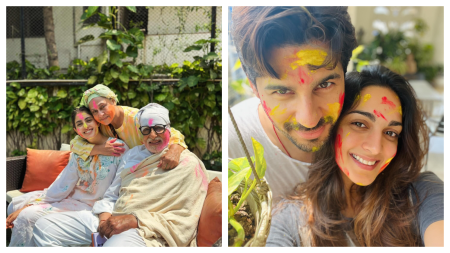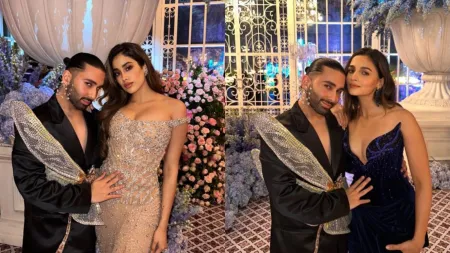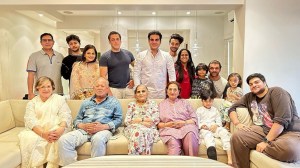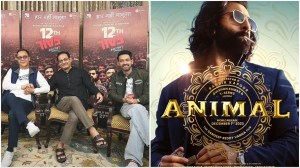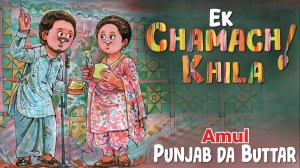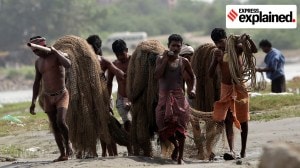- India
- International
Lokkhi Chele review: A promising concept marred by amateurish writing
A film that could have been much more than what it ends up being, Lokkhi Chele is a strange beast. It tries to critique religious dogmatism but its ambitions are marred because of an almost amateurish screenplay.
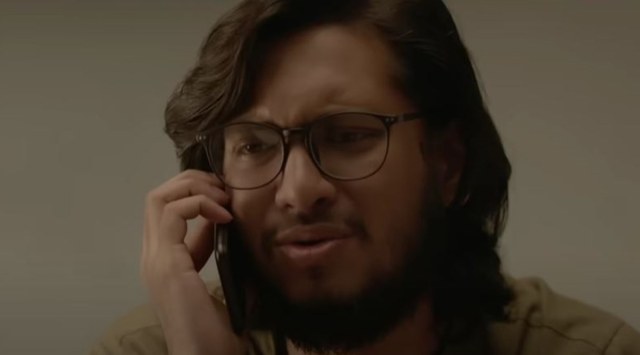 A still from the movie.
A still from the movie. In a recent interview, Bangla actor Parambrata Chatterjee (pan-India audience will know him for his turns in ‘Kahaani’, ‘Aranyak’) pointed out that cinema from West Bengal desperately needs good writers. That Bangla cinema has been in a state of perpetual limbo for the past decade has been a subject of many articles, many discussions, and many rant pieces. I personally have written half-a-dozen of them.
But this came as an eye-opener. Chatterjee is, by all definitions of the term, an insider. What he says holds merit. He went on to say that the Bangla film industry lacks a scientific approach towards a script. Apparently, a script once written is generally inspected by script doctors. This is how it’s done all over. The role of a script doctor is to critically evaluate the script and focus on the loopholes and not to read it and laud the filmmaker who wrote it.
That lack of ‘scientific approach’ (and a script doctor) is painfully evident in Kaushik Ganguly’s ‘Lokkhi Chele’, Tollwood’s latest reason for patting itself on its back (and slinking back into mediocrity).
A film that could have been much more than what it ends up being, ‘Lokkhi Chele’ is a strange beast. It tries to critique religious dogmatism but its ambitions are marred because of an almost amateurish screenplay in the second half. It is so self-conscious about its intention, that like a friend with a saviour complex, it can’t help reminding you that you are witnessing something noble.
Thereby, the promising story of a medical student, Amir Hussain (played with almost stiff earnestness by Ujaan Ganguly) and his two batchmates (Ritwika Pal and Purab Seal Acharya) ends up becoming a one-note ode to the protagonist. After a car breakdown in the middle of verdant countryside of Bengal, Amir and his friends land up in a village which has become a pilgrim spot thanks to a child with a rare disorder that gives her four arms. The child is now seen as a reincarnation of Lokkhi. Her ‘divine status’ brings instant respectability to the Dalit household she is born in. The upper caste landlord (played by an intense Indrasis Roy) decides this may very well be the platform for him to launch his political career. Without delay, visitors throng the Dalit household that was so far considered impure by them. Amir, being a student of medicine, realises that this medical condition needs immediate surgery and decides to rescue the helpless child.

When a film is burdened with a ‘social message’, it is always in danger of being too preachy, too heavy-handed. Effort must be made, therefore, to gently nudge audience members towards asking the requisite questions, allowing them to reach their own conclusions. But ‘Lokkhi Chele’ does the very opposite. We get to know next to nothing about the lead character, his motivations, his uncompromising morality. Instead, a whole lot of screen time is invested on the reason why his professor (Churni Ganguly) decides to help Amir and the child.
Who writes scenes where characters sit around a table and talk about the great deeds of the protagonist? Scenes where the audience is told what to think, what to feel. Why can’t we have a more nuanced, more intelligent way of doing that?
The saddest part is that the premise itself holds a lot of promise. This could have been Amir’s coming-of-age tale. His journey towards self-discovery. That’s how personal becomes political.
In Rituparno Ghosh’s 1994 film ‘Dahan’, the central character, Jhinuk, is a young woman who is celebrated for the brave act of fighting off the attackers of a young couple in the middle of a Kolkata street. As she is feted by everyone around her, her no-nonsense grandmother asks her the question that turns the film into a social commentary. “Standing there, what else could you have done?”
Photos
Best of Express
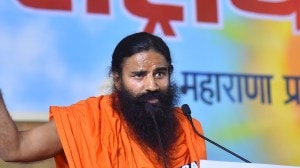
Apr 16: Latest News
- 01
- 02
- 03
- 04
- 05




